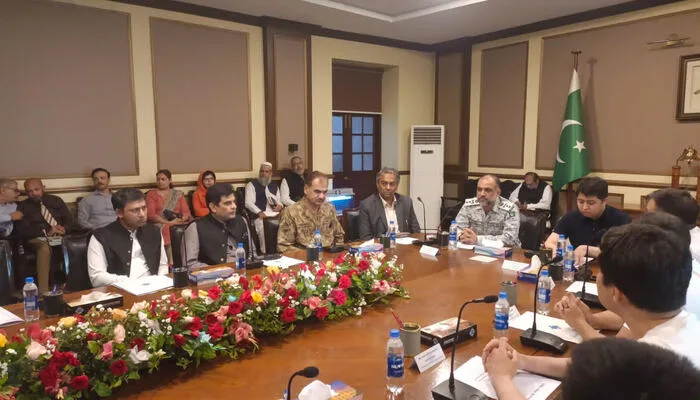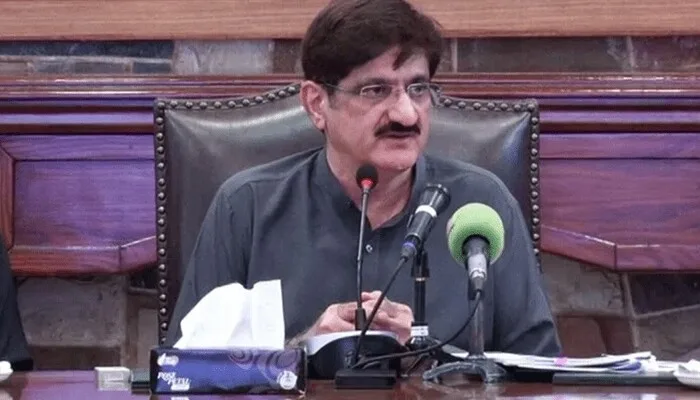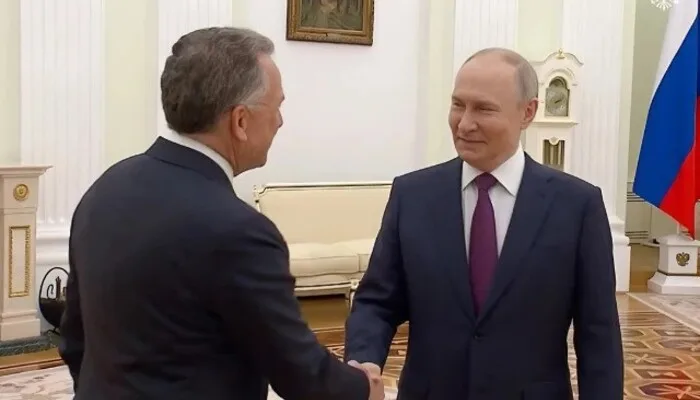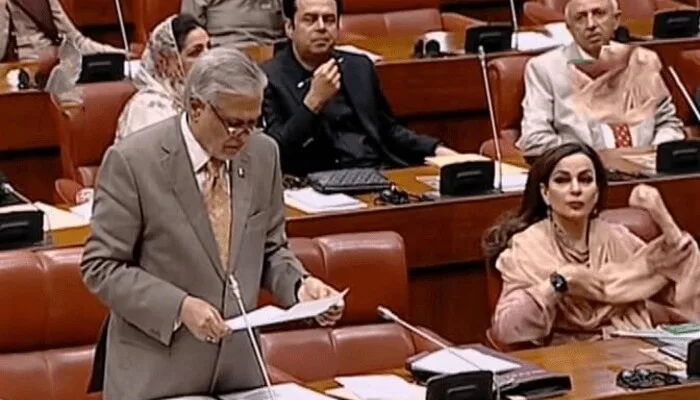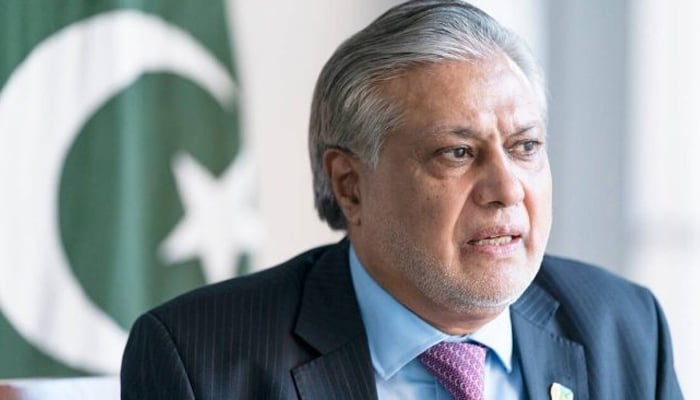
Islamabad: The World Bank has urged Pakistan to end the annual subsidies of Rs340 billion that benefit the wealthy, as Finance Minister Ishaq Dar was unable to provide a clear timeline for the staff level agreement with the International Monetary Fund.
However, the Ministry of Finance believes that Pakistan will remain in the Fund’s program for the short to medium term. During a joint seminar hosted by the World Bank and the Ministry of Finance at a five-star hotel, the finance secretary argued that there was no immediate solution other than implementing the IMF program.
Dar stated that they were close to finalizing the staff-level agreement while speaking at the seminar, which focused on strengthening public financial management to revive economic stability.
During the seminar, some finance ministry officials who were responsible for poor budgeting were present on stage, including those who had a habit of reprinting budget books for the past three years after making mistakes in the first set of published books.
While Finance Minister Ishaq Dar briefly spoke about the staff level agreement, he could not provide a concrete timeline. He acknowledged that the 9th review process had taken longer than expected. When asked if the deal would be announced the following day, he did not confirm it but reiterated that Pakistan was committed to completing the Extended Fund Facility Programme with the IMF.
Earlier in February, Dar had expressed confidence that Pakistan and the IMF would reach a staff level agreement within a few days. However, as of the seminar, the timeline remains uncertain. State Bank of Pakistan Governor Jameel Ahmad had also suggested that Pakistan was close to finalizing the deal, but he did not provide a firm date either.
Dar emphasized that Pakistan will honor all the commitments that the previous government had made. After his speech, the media was asked to vacate the hall.
Pakistan is currently facing a severe economic crisis, and international credit rating agencies have downgraded the country due to high risk of default. During a presentation, Hamed Yaqoob Sheikh, the Secretary Finance, stated that there is no short-term solution other than implementing the IMF programme. He also revealed that Pakistan will be in the IMF programme from short to medium term.
As the current IMF programme will end in June, the Ministry of Finance is considering another IMF programme from short to medium term. The secretary’s presentation also indicated the need for an “economic plan” from medium to long-term to address Pakistan’s financial challenges.
According to the Secretary Finance, Pakistan’s current account deficit is unmanageable, the tax to GDP ratio is low, and the propensity to save in the economy is declining rapidly. He added that the pension bill is getting out of control, and the debt is increasing at an alarming rate. Furthermore, the privatisation programme has not been successful, and the government needs to consider alternatives.
Tobias Haque, the lead economist of the World Bank, believes that to move towards sustainable economic growth, Pakistan must fix its budget. Haque recommends that the government should cut spending that contributes little to growth and development, including the Rs340 billion annual subsidies that primarily benefit the better off. He emphasizes that government expenditures have not contributed much to long-term development and growth in Pakistan.
Lead Economist Recommends Measures to Improve Pakistan’s Economy
Tobias Haque, the lead economist of the World Bank, has questioned how an economy can grow when 70 percent of recurrent expenditures are on rigid items such as pension, subsidies, and interest expenses. In his opinion, the government can improve revenues by increasing taxation on assets and property, as well as closing the exemptions that cost around 30% of the total GST every year. Haque believes that these measures could save perhaps a trillion rupees in terms of reduction in subsidies and losses.
Public Finance Management Act Can Help Improve Economic Condition
Haque also suggested that the government can ensure sound implementation of its Public Finance Management Act, which will create better links between planning and budget, improve cash management functions, and the implementation of the treasury single account. These technical reforms could save Rs160 billion annually, he added.
Finance Minister Acknowledges Severity of Economic Crisis
Finance Minister Ishaq Dar admitted that the severity of the economic crisis was worse than he had thought. “Frankly, from a distance I did not know how deep the quagmire was,” he stated. The minister acknowledged that Pakistan was going through a rough patch, and it was important for everyone to contribute to overcoming these challenges.
Pakistan Will Not Default
Dar once again emphasized that Pakistan will not default on its international obligations. He believes that persistent false propaganda regarding the country’s defaulting is completely ill and is harming the country. Last week, the finance minister approved Rs18.4 million additional budget for the PM’s House for employees-related expenses.



